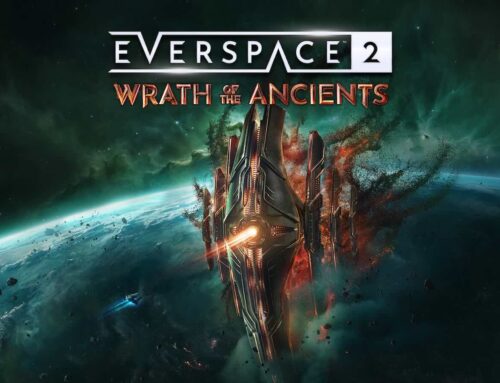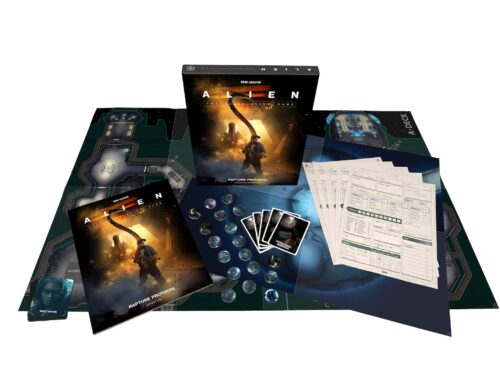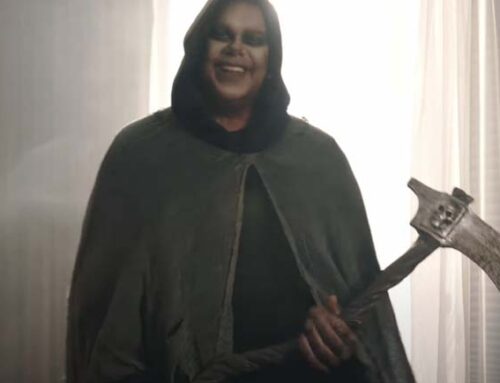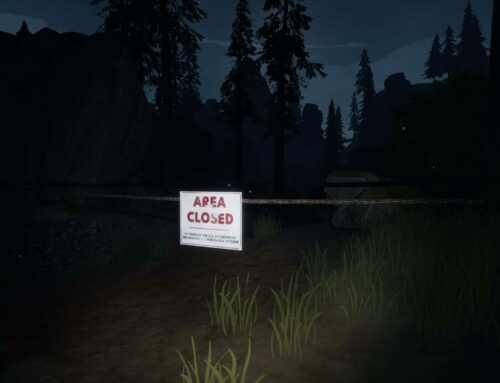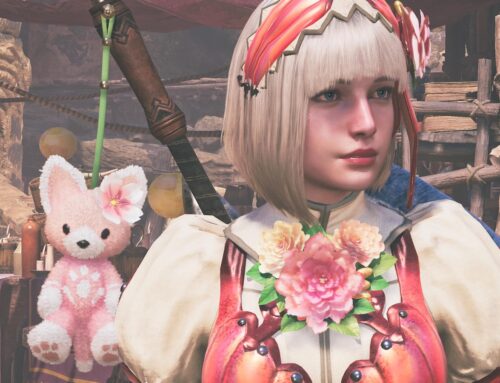We Know The Devil is a game that I had never heard of until it popped in my queue of recommendations on Steam. The title alone was enough to grab my interest, but then there were the odd screenshots and the promise of a visual novel that was also a horror game. So, I bit the bullet and decided to try the game.
We Know The Devil is a game about teenagers at a summer camp. It follows three teenagers (Venus, Jupiter, and Neptune) as they get ready for the worst night of their camping experience. You see, this camp is different. At this camp, God talks directly to the students and counselors via their radios, and at the end of camp the students must directly confront the devil and kill it. This is not a metaphor. These are the literal events which happen at this summer camp, and the children there are all acutely aware of it. Despite the heavy religious imagery which the game employs, that isn’t the thematic focus of it. Instead, the game focuses on what it is like to be young and different, to have secrets, to wish that you were someone else, and perhaps most importantly, about being young and LGBT. The game is all about how these rub up against the larger society (represented by the camp) in which the characters find themselves. It is about what exactly the devil’s draw is to these three teenagers.
The visual style was a lot of what initially sold me on We Know The Devil. The game is a visual novel, so frankly just not having an anime aesthetic served to immediately set it apart from the crowd. More than that, though, the game has a truly unique aesthetic. The background images are photographs (apparently taken with a disposable camera to really get that low-fi look), and the characters are clearly pencil drawings on paper. Not only is this a really interesting look, it really highlights the tone of wrongness, of everything being a little out of place, of the characters not quite belonging. The look of the game perfectly matches with the tone of the story.
The soundtrack is incredible, too. It’s very reminiscent of 80s synthesizer-based scores (like “Halloween”) but without feeling dated. It updates the sound of those scores into something truly modern (like the score to “It Follows”). Instead of just minimalism, the droning noises build to crashing crescendos. Elements of industrial and noise music snake their way through it. Occasional found sounds break up the electronic elements. Like the game’s visual style it is eclectic but purposeful.
As I mentioned previously, We Know The Devil is a visual novel. This means that its gameplay is going to be fairly standard. The game progresses largely through text, with the player’s input being essentially limited to picking options at certain points in the story like a Choose Your Own Adventure book. We Know The Devil”does do something a little different with this, though. In most games, these choices take the form of deciding what the main character will do or say. However, since this game does not have a singular main character, this obviously has to change. Instead, the game asks the player again and again to decide which two characters will do something and which character will be left out. Much like with the sound and the visuals, this really underscores the game’s themes.
We Know The Devil is near perfectly executed. The game knows exactly what it wants to do, and it does it just about flawlessly. Its creeping sense of dread and building wrongness seamlessly transitions the game from a standard summer camp story into a work of psychological horror, and every aspect of the game feeds into that dread and wrongness. I highly recommend this game to anyone who likes horror of the creeping and inevitable. The only flaw I can really see is that the game is a bit too short for something that costs $8. I got all four endings in under an hour and a half.


